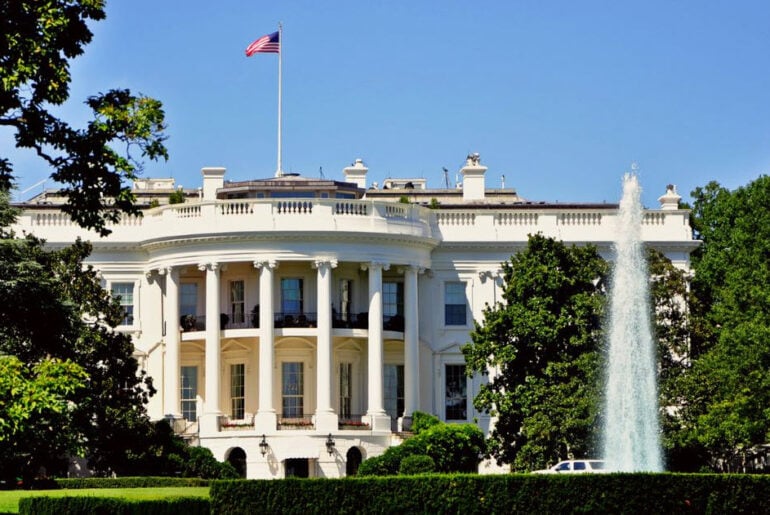On 3 March 2023, the Criminal Division of the United States Department of Justice published details of a three-year Pilot Program Regarding Compensation Incentives and Clawbacks. The Compensation Pilot Program is effective 15 March 2023 and from that date it will be applicable to all corporate criminal matters handled by the DOJ Criminal Division. At the same time, DOJ also updated its Evaluation of Corporate Compliance Programs guidance document to reflect the criteria introduced by the Compensation Pilot Program, among other updates.
On 22 February 2023, the US Department of Justice announced a new voluntary self-disclosure policy for corporate criminal enforcement in all United States Attorneys’ Offices around the country. USAOs are often the front line of DOJ’s enforcement efforts, prosecuting federal criminal cases in each of the 94 federal judicial districts across the country. This includes the prosecution of many criminal violations of US sanctions and export controls.
On 22 February 2023, the US Department of Justice announced a new voluntary self-disclosure policy for corporate criminal enforcement in all 94 United States Attorneys’ Offices across the country. This new voluntary self-disclosure policy is a response to Deputy Attorney General Lisa Monaco’s 15 September 2022 Memorandum insisting all DOJ divisions develop a self-disclosure policy, to the extent one does not already exist. Other DOJ components, including the Criminal Division, have already taken steps to issue or update their own policies on this topic.
Spanish Official State Gazette published Law 2/2023 on 20 February 2023, which transposes the EU Whistleblower Directive (Directive (EU) 2019/1937 of the European Parliament and of the Council of 23 October 2019 on the protection of persons who report breaches of European Union law) into Spanish law.
On 17 January 2023, the US Department of Justice (DOJ or the “Department”) issued a revised version of its Corporate Enforcement Policy (CEP). The CEP sets out the Department’s approach to resolving criminal cases with corporations. In particular, it addresses how the Department will credit companies which voluntarily disclose criminal conduct and cooperate with the Department’s investigation and resolution of the matter. The latest revisions to the CEP are an evolution of existing Department policy and practice. They add additional nuance (and complexity) to the CEP, as well as potentially more significant benefits to companies considering how best to approach disclosure and engagement with the Department on criminal matters.
The “provision or acceptance of gift policy” is a key compliance principle in the governmental sector, as reflected in several key pieces of legislation. On 13 January 2023, the Office of the Prime Minister issued the Regulation on the Provision or Acceptance of Gift of Governmental Officials, B.E. 2565 (2022), which came into effect on 14 January 2023. This regulation updates and strengthens the policy on the provision or acceptance of gifts for the governmental sector. The regulation applies to all government officials, including but not limited to officials, staff, and employees of government agencies and state-owned enterprises.
In May 2022, the Indo-Pacific Economic Framework for Prosperity (IPEF) was launched between Australia, Brunei, Fiji, India, Indonesia, Japan, South Korea, Malaysia, New Zealand, the Philippines, Singapore, Thailand, the US and Vietnam. On account of its specified focus on labor standards and issues, IPEF is likely to have an ongoing impact on labor regulations and trends among partner countries, including Vietnam.
The New Criminal Code became the first piece of legislation passed into Law in 2023 and was promulgated on 2 January as Law No. 1 of 2023. In the next three years, the New Criminal Code will replace the 100-year old criminal code currently in place. The New Criminal Code changes the landscape of the penal code in the field of digital information, bribery and corruption, and money laundering related crimes.
The Anti-Corruption Office has enabled the registration and use of the Registry of Integrity and Transparency of Companies and Entities (RITE), after announcing its establishment in April 2021. The purpose of the RITE is to contribute to the development, improvement and maturity of the integrity programs as provided for in Law 27,401; the exchange of good practices; and promote transparent business and market environments.
This client alert discusses the new Indonesian criminal code, which in a few years will replace the existing criminal code. This alert outlines the key features of the new criminal code, and is the first of a series of client alerts on the new Indonesian criminal code.



